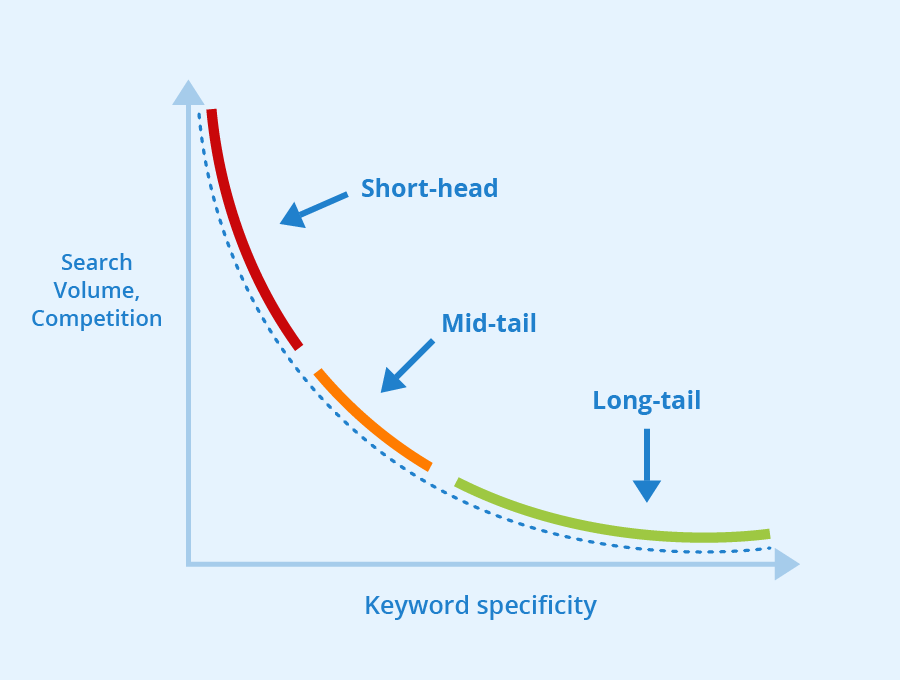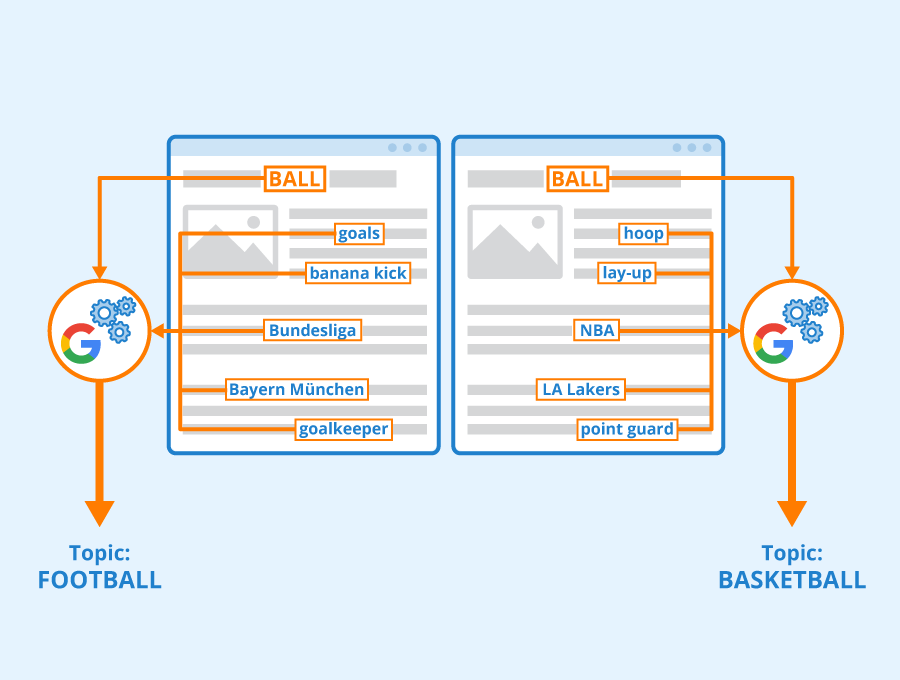Digital marketing is one of the common ways businesses reach a broad audience at once. Many people search for services and products on Google before buying them, making SEO optimization one of the essential things in digital marketing.
The key to having a successful SEO optimization strategy is choosing the right keywords. This helps marketers capture the right audience, increasing traffic to the business site. Keyword research means identifying and analyzing the common terms people use when searching for specific things over the internet.
Experts at seobase helped us create a list of the following tips on how to choose keywords for SEO.
How to Choose the Right Keywords That Actually Matter: What are Keywords?
Keywords represent phrases or words identifying what many people search for and describe what we are writing about. They help bridge the gap between our content and the audience, making it easy for them to find. It also allows our content to rank on the top pages of a Google search.
5 Steps To Choose The Right Keywords
There are numerous keywords for business people can choose from, but here are some tips to help choose keywords for SEO that will matter.
Understand Search Intent
What is Search Intent? This is the first and the most important thing to consider when choosing business keywords. Understanding the researcher’s intent helps us choose keywords for SEO that will appear at the top after researchers enter what they want. The three main ways of categorizing keyword intent are:
- Navigational – These are keywords that researchers use when searching for a specific webpage like Facebook. We use this when we want researchers to find our websites more easily.
- Informational – These keywords are helpful when researchers want to find an answer to a specific question, like who invented Bitcoin. We use this when we want to answer specific questions about a brand, product, or service.
- Investigational – These are some of the most important ones for researchers searching the web for products not from a particular brand. They help researchers find information that might lead to a purchase, for example, the best face toners.
- Transactional or commercial – These indicate that researchers are ready to make a purchase, for example, ‘buy’ or ‘computers near me.’
Understanding search intent turns us into mind readers, enabling us to create keywords that meet all researchers’ needs.
How To Choose the Right Keywords: Understand the Types of Keywords
Once you understand what you want to use your keywords for, it makes searching for the ones that will make your articles and blogs easier for shoppers to find. After understanding search intent, the next important thing for how to choose keywords for SEO is understanding the different types of keywords.
- Head keywords – These are the most common business keywords we use. They are usually one or two words long that have the highest search volume. After understanding search intent, choose some of the most common words people use.
- Body keywords – These are usually phrases with two or three words that have a medium search volume.
- Long-tail keywords – These are phrases that are four or more words long with low search volumes. They help increase web traffic.
Some other words you might come across include a short, modifier, medium, and tail keywords. The key how to choosing the right keywords for SEO is understanding their specificity. Longer keywords are more specific than shorter ones.
When choosing the best keywords for SEO, we also consider where to place them in our content. We place them in:
- The SEO and actual content title – This is a good starting point for Google and other search engines to determine the content’s relevance.
- Meta Description – This is a short description that explains to the researcher what the content is about.
- Social media updates and links – When sharing site content, we add appropriate hashtags and links containing the keywords.
Ensure the Keywords Have All Key Elements
While it’s easy to make keywords with the above tips, it is essential to ensure they are high-quality, meaning that they meet all the keyword elements. We measure keyword quality by relevance, authority, plus volume.
- Relevance – Since Google ranks content based on relevance, we make keywords that match the researcher’s needs. We also ensure that the content we use the keyword is the best source of the information the client is looking for to increase the chances of Google ranking the content on top.
- Authority – Authoritative content usually gets a higher ranking. Therefore, we strive to make our content as authoritative as possible. We also avoid using keywords whose SERPs are the same as higher-ranking sites we can’t compete with, like Mayo clinic or Forbes.
- Volume – While we all want our content to appear on the first search result page, it may not result in traffic if people are not searching for it. Therefore, before we choose keywords for SEO, we consider how many times people have searched for them over the past month on different platforms.
Check Competition
When we are not sure what keywords to use for specific topics, it helps when we look at competitors’ content. First, we look at where they rank in the search engine. After that, we read the content, look at the metatags, and determine which keywords helped them get a higher ranking. While we may not use the exact keywords as the competitors, it helps us broaden our keyword list and allows us to see any keywords we might have forgotten.
Use Latent Semantic Indexing
LSI uses word association to help researchers find what they are looking for. This is also a simple method to find the best keywords for SEO. When we search phones, for example, the search engines use our context to provide other common searches related to what we searched. Since it helps researchers find relevant results, including LSI suggestions as keywords helps boost content ranking and relevance.
How to choose the right keywords: bottom line
Finding the right keywords for business increases traffic to a site, which in turn increases client engagement and sales. With these tips on how to choose SEO keywords from seobase, companies can get a higher ranking in search engines and improve digital marketing strategies. This, in turn, helps businesses beat the competition by reaching more clients with more relevant and authoritative content.























